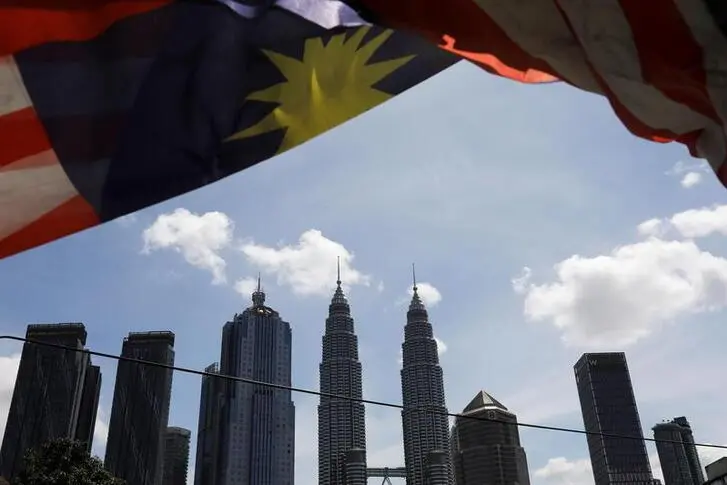PHOTO
KUALA LUMPUR - Malaysia's Prime Minister Muhyiddin Yassin unveiled a fresh round of stimulus on Wednesday, in the hope of breathing life into a pandemic-hit economy that last year saw its worst contraction since the Asian Financial Crisis.
Malaysia's economy declined 5.6% in 2020, its worst performance since a 7.4% fall in 1998, owing partly to strict movement curbs aimed at halting the COVID-19 spread.
Muhyiddin said the government would roll out 20 billion ringgit ($4.86 billion) of stimulus packages, including a 11 billion ringgit fiscal injection.
"At this stage, the economic recovery strategy will focus on efforts to revitalise and jumpstart the economy," Muhyiddin said in a televised address.
Under the new plan, the government will raise its COVID-19 immunisation budget to 5 billion ringgit, from the initial 3 billion ringgit laid out in its 2021 budget.
The additional funds should help Malaysia reach its target of vaccinating 80% of its 32 million population by December, instead of February 2022, Muhyiddin said.
To promote alternative financing, Muhyiddin said the securities commission would improve regulations and expand equity crowdfunding to unlisted private firms.
Listing fees would be waived for 12 months to encourage companies to go public, while listed firms that suffered quarterly losses would be eligible for rebates on their annual listing fees.
Muhyiddin said commercial 5G services would start in stages from the end of this year to develop innovation and new jobs in the digital economy.
The government will also offer more cash aid, subsidies, matching grants and training for individuals and businesses, while applying movement restrictions only in areas with infections.
This was the second round of stimulus packages announced this year after a $3.7 billion plan in January.
Last year's stimulus was worth 305 billion ringgit, ranging from cash handouts to wage subsidies and loan moratoria to help the public and businesses weather the impacts of the pandemic. ($1 = 4.1190 ringgit)
(Reporting by Mei Mei Chu; Writing by Joseph Sipalan; Editing by Martin Petty) ((Joseph.Sipalan@thomsonreuters.com; +60394929425; Reuters Messaging: joseph.sipalan.thomsonreuters.com@reuters.net))





















